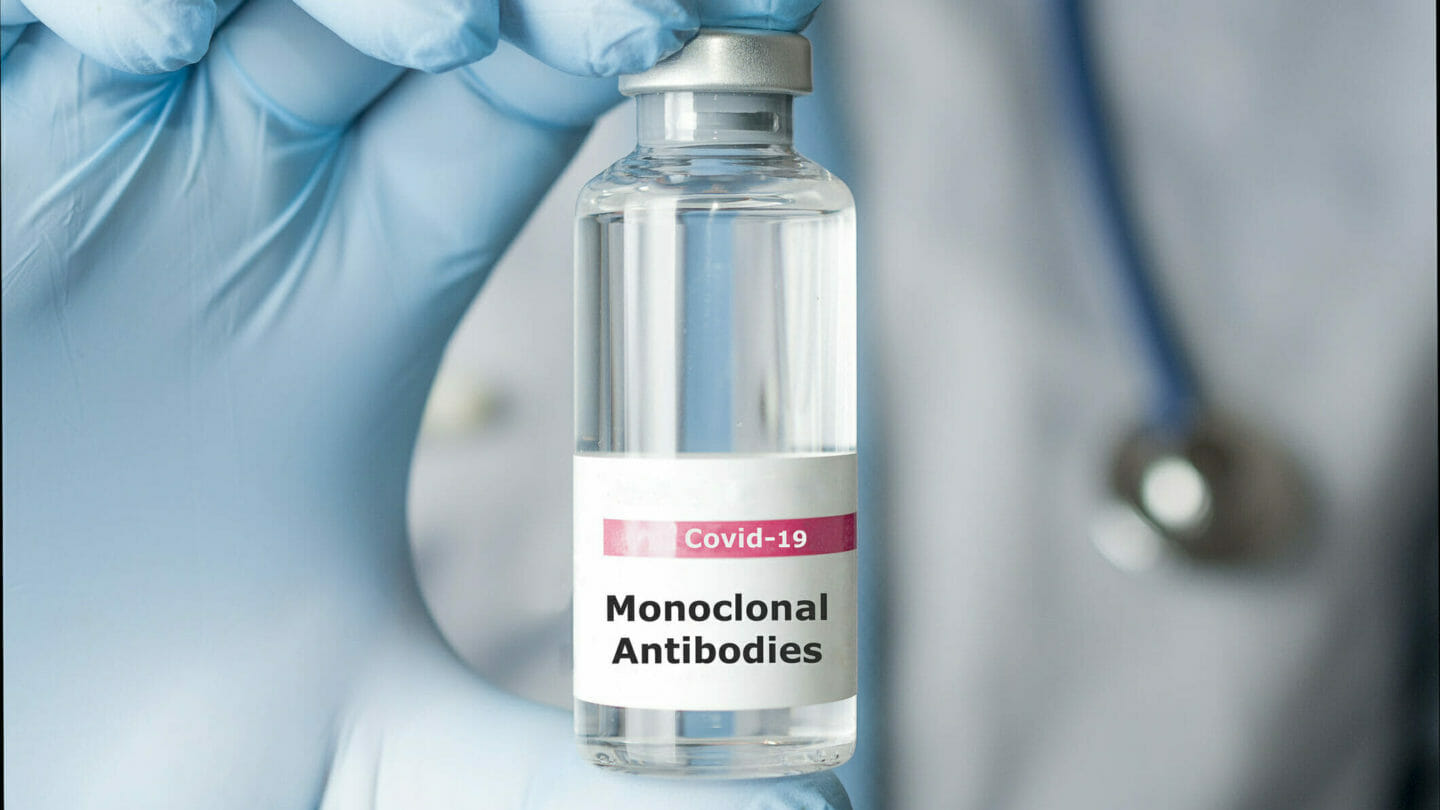
In a scenario now familiar to long-term care clinicians, the Food and Drug Administration on Wednesday advised against prescribing the COVID-19 monoclonal antibody drug sotrovimab in locations where certain SARS-CoV-2 variants are now dominant.
For a brief time in January, sotrovimab was the only authorized monoclonal antibody (mAB) COVID-19 treatment available after other drugs in its class proved ineffective against the omicron variant.
Now, emerging variants including a subvariant of omicron known as BA.2, are threatening the usefulness of sotrovimab, which is authorized to treat nonhospitalized patients at risk of progression to severe COVID-19 illness.
Sotrovimab neutralized BA.2 in a laboratory study, its makers said, but newer studies have shown that the variant resists most authorized mABs, including sotrovimab, according to Reuters.
With the number of COVID-19 cases rising in nursing facilities since December due to omicron, long-term care residents and clinicians remain short on treatment possibilities. Along with sotrovimab, currently available mABs include the newly authorized bebtelovimab, greenlit for use in patients with mild to moderate COVID-19, and Evusheld, a preventive drug used only in certain immunocompromised patients.
The continued efficacy of these treatments is uncertain, although drugmakers Eli Lilly and AstraZeneca, respectively, cited successful laboratory tests against emerging variants.
Other available treatments include two antiviral pills — Paxlovid and molnupiravir — and remdesivir, an infused antiviral drug approved for use in hospitalized patients.




